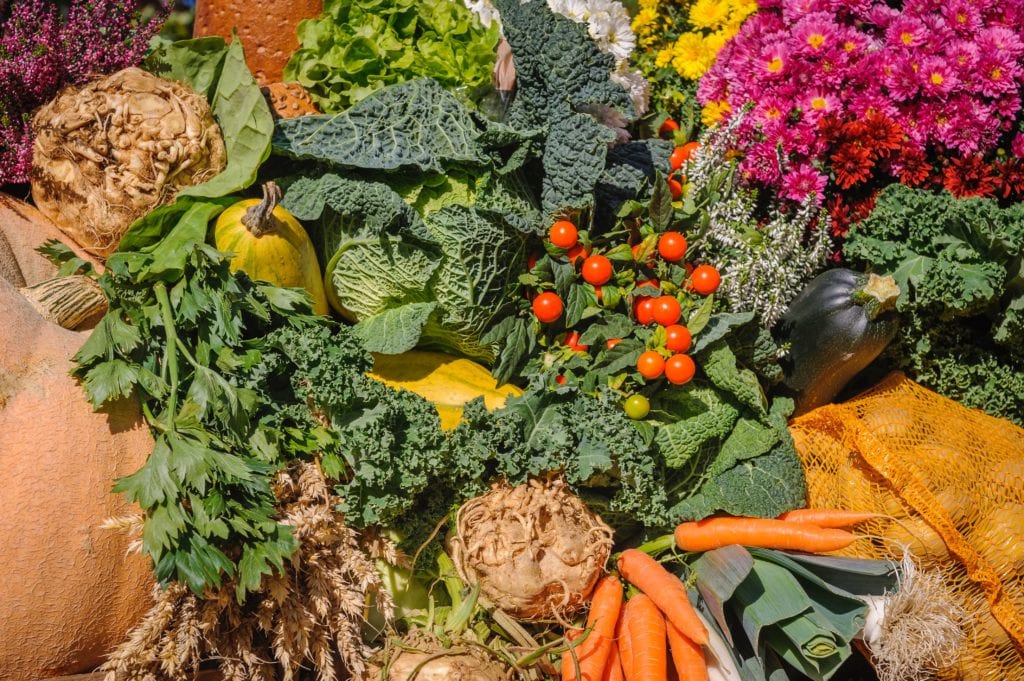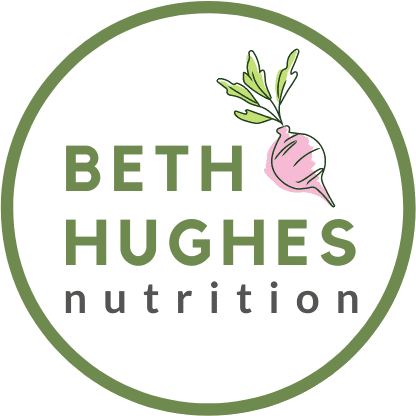At last, 2020 is over, gone, put to bed! It’s time to look to the future and (fingers crossed) a much happier, healthier, more sociable 2021! Will you be making any New Year’s resolutions? If so, I recommend you read this first….
A survey from You Gov found that 25% of Briton’s made resolutions in 2018. Just 24% managed to stick to all of them and less than half managed to stick to even one. Unsurprisingly the three most popular resolutions cover improving fitness/more exercise, losing weight and improving diet. All of which are excellent things to aspire to. The question is how to do this in a way that gives you the best chance of succeeding?
January blues
I often think that January is perhaps the worst time of year to be thinking about major changes to our diet and lifestyle. It’s dark, cold, we’re all on a come down after the festive period and let’s face it, levels of will power are unlikely to be optimal!
That’s not to say you shouldn’t have goals, but taking a gentler, more compassionate approach without the “New Year, New You” pressure, may prove more successful. Here are a few things to consider when thinking about your health goals, whenever you choose to embark on them.

Take a holistic approach to health
I would encourage you to focus on the big picture. Many small changes across a number of areas can result in greater benefit than one really dramatic change. There are many areas of diet and lifestyle that contribute to wellness. Consider all aspects of your wellbeing. Nutrition is important of course, but so are many other things. Sleep, stress management, movement and exercise, social interaction, spiritual wellbeing and a sense of purpose are all key pieces of the jigsaw. You can have the best diet or fitness regime in the world, but if these other factors are out of kilter, you’re unlikely to feel truly well.
Be like the tortoise, not the hare.
Aim for small, sustainable changes that fit in to your current lifestyle. That way you’re more likely to stick to them. Little and often wins the race and over time adds up to a big difference. I see this regularly with clients. Even simple, small changes such as eating a well-balanced breakfast, when practiced regularly have a huge impact on wellbeing.
Rather than saying “I’m going to go on a crash diet”, or “I’m going to go to hit the gym 5 nights a week”, think smaller. Perhaps you could switch a sugary snack for a healthier option, or get out for a walk at lunchtime twice a week. Whatever you decide, it has to be realistic and manageable based on your current situation (not some unrealistic charmed life you intend to lead in the future).


Focus on abundance rather than lack.

When we focus on denying ourselves something, it can sometimes have the reverse effect and make us want it even more. The concept of yo-yo dieting is well recognised and supported by research which shows that individuals who undertake calorie restricted diets struggle to maintain their weight loss in the long term.
Rather than fixating on what you can’t have, why not try crowding out the ‘bad’ with the ‘good’? Concentrate on healthy foods and habits you can add into your daily life, as opposed to those things you want to remove. Positive inputs will crowd out and help dilute more negative features of your diet and lifestyle. Here are a few suggestions:
Healthy habits to add in to your life
- Cook from scratch as often as you can. If you’re short on time during the week, can you make meals in bulk on the weekend and store them in the fridge/freezer for when you need them?
- Eat more vegetables. Can you work towards 7 a day? 5 vegetables and 2 fruit? Remember, start small and work your way towards your target.
- Make time for breakfast. If you’re looking for breakfast inspiration, check out my free ebook ‘10 Energising Breakfasts in 15 minutes or less!’, which includes some make ahead options.
- Sleep! This is a biggie, many of us do not get enough sleep. As adults most of us need 7-9 hours sleep a night. .
- Eat oily fish twice a week. Oily fish such as salmon, herring, mackerel, anchovies and sardines are a great source of healthy anti-inflammatory fats. They are also one of the few food sources of vitamin D, which supports bone health and immunity.
- Include nuts and seeds in your diet. They are a great source of protein, healthy fats and various vitamins and minerals. A great snack option, they should also help you feel fuller for longer.
Nourish your body, give it what it needs to be well. Judge your success on how you feel, rather than how you look, or the number on a pair of scales. I believe this approach is more sustainable and means you’re much more likely achieve success in the long term.
Want to get started but don’t know where to begin?
As a Nutritional Therapist, I take a truly holistic view when working with clients. My approach is based on the principles of Functional Medicine. I work with clients to identify patterns in symptoms and then addressing the underlying root cause in order to improve health and wellbeing. I support clients with practical, personalised diet and lifestyle recommendations that they can work into their busy lives and I’d love to help you on your journey to rediscover wellness. If you’re interested in learning more about Nutritional Therapy and what it could do for you, why not book a FREE discovery call.
Wishing you all a very happy, healthy 2021!
